Building a Research Ecosystem for Smart Oceans with Qingdao AI Computing Center
Title: Building a Research Ecosystem for Smart Oceans with Qingdao AI Computing Center
Our Chinese partner, the First Institute of Oceanography (FIO), has joined forces with the Qingdao AI Computing Center to establish a cutting-edge research ecosystem dedicated to the development of smart oceans. This collaboration integrates the capabilities of artificial intelligence (AI) with marine science to address the growing challenges posed by climate change and oceanic unpredictability.
The ocean is Earth's largest active carbon sink and a critical regulator of global climate. It absorbs over 90% of the heat generated by human activities, preventing catastrophic temperature increases. However, understanding and predicting oceanic and climatic phenomena remain significant scientific challenges.
Smart Oceans: A Leap in Marine Research
At the forefront of this initiative is Qiao Fangli, deputy director of FIO and an academician of the International Eurasian Academy of Sciences. During the Ascend Kunpeng Ecosystem Sub-forum of the 2022 China Computing Power Conference, Qiao emphasized the potential of AI to revolutionize high-resolution ocean prediction and forecasting. The Qingdao AI Computing Center will serve as a cornerstone in this endeavor, advancing marine research through AI-driven innovation.
MASNUM Lab’s Transition to Scientific Intelligence
The Marine Environment Science and Numerical Simulation Key Laboratory of the Ministry of Natural Resources (MASNUM Lab) plays a pivotal role in addressing national priorities such as marine disaster prevention, environmental safety, and climate change prediction. Collaborating with Huawei, MASNUM Lab integrates numerical models, multi-source data, and machine learning to create intelligent prediction systems for marine and climate sciences based on MindSpore and Ascend hardware.
Under Qiao Fangli’s leadership, MASNUM Lab teams officially joined the Qingdao AI Computing Center in November. Their collaborative efforts aim to enhance scientific understanding of the upper ocean's fine structures and dynamic processes, overcome technological barriers in AI marine applications, and propose innovative solutions for upper ocean environmental simulation and climate prediction.
Deepening Collaboration for Rapid Prediction
Leveraging AI, the partnership is developing models and technologies for:
1.Data Quality and Feature Extraction: Advanced techniques for multi-source oceanic data integration and reconstruction.
2.Phenomena Identification: AI-based models for detecting oceanic and coastal phenomena such as mesoscale eddies, internal waves, and marine life activity.
3.Model Integration: Hybrid models combining physical and AI-driven approaches to improve predictive accuracy in complex oceanic environments.
4.Explainable AI: Exploring oceanic phenomena evolution through data, enhancing understanding of environmental dynamics.
Key milestones include the development of machine learning models for daily sea surface temperature prediction and rapid wave height forecasting using OSWave-CNN, adapted to Huawei’s MindSpore framework. These advancements showcase the transformative potential of integrating marine science with AI technologies.
Histar CEO's Comments
Histar Technology’s CEO highlighted the significance of this initiative, stating:
"The collaboration between FIO, Qingdao AI Computing Center, and Huawei represents a bold step towards redefining marine research. By integrating cutting-edge AI with decades of expertise in oceanic studies, we are collectively shaping a future where intelligent prediction and sustainable marine management become a reality. Haistar is honored to support such transformative efforts, aligning perfectly with our mission to drive technological innovation for global environmental sustainability."
This partnership symbolizes a groundbreaking effort to combine AI and marine sciences, offering innovative solutions for climate resilience and sustainable ocean management.




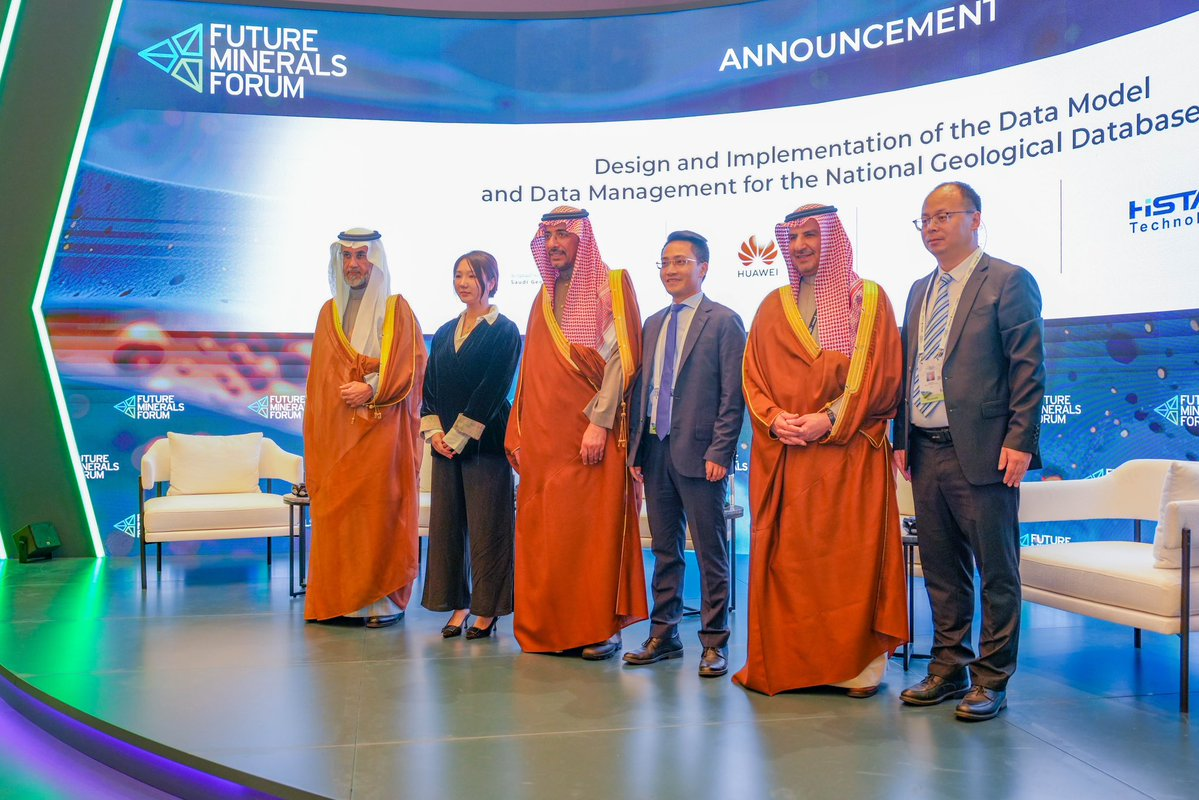
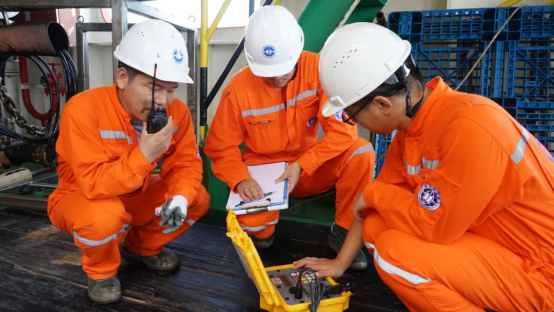
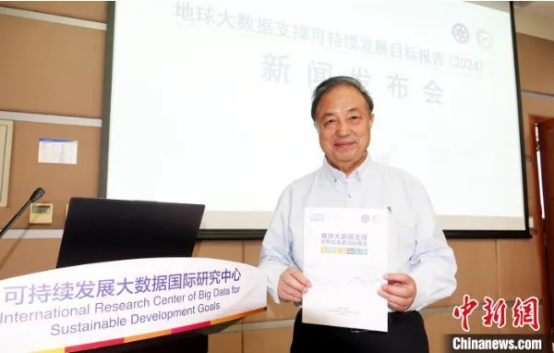
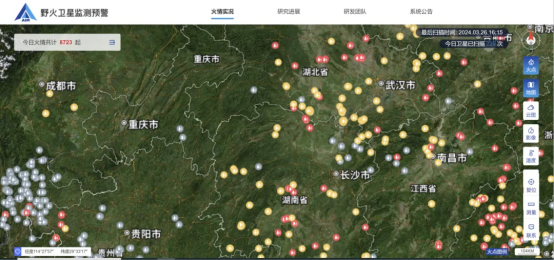
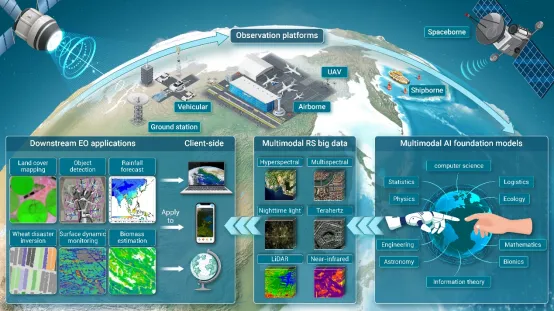




Please first Loginlater ~